If Charles Hapgood is correct in his assessment of where the next North Pole will be (near Lake Baikal and the spot where China, Mongolia, Russia, and Kazakhstan borders nearly all meet) then China should be worried because their country will be in the Arctic. Perhaps this concern explains various Chinese investigations on the magnetosphere, the moon, and Antarctica, all collecting data to help verify pole shift theory.
Of course, anyone living on the surface of the Earth should be worried, because pole shifts aren’t just magnetic and uneventful, they are global catastrophes and mass extinction events like the end of the Pleistocene, when the North Pole moved from Hudson Bay to its current position. North America’s Laurentide Ice Sheet melted – some say the “ice age” ended – but really North America’s time at the North Pole ended, so the ice cap melted and the continent gained many lakes and rivers and canyons as it thawed and warmed. In Asia, things got much colder in Russia as Siberia moved thirty degrees north.
A solar micronova baked one side of the world. Earthquakes and volcanoes pummeled the entire world, though damage was worse in some places than others. The temporary loss of Earth’s magnetosphere destroyed the ozone layer and allowed deadly levels of UV light and cosmic rays through, making daytime travels outside of shelter a deadly experiment with fast forming sunburn and cancer. Tsunamis wrecked every coastline, with some higher than others. All coastal cities (and many inland ones) were destroyed. Humanity was “kicked out of Eden” and survivors from wonderful original homelands (Atlantis?) struggled to survive and pass on knowledge in new places.
Much evidence suggests we are reaching the end of a great cycle and that the next pole shift catastrophe is due between 2028 and 2048. Are you learning and preparing, or largely ignoring?

